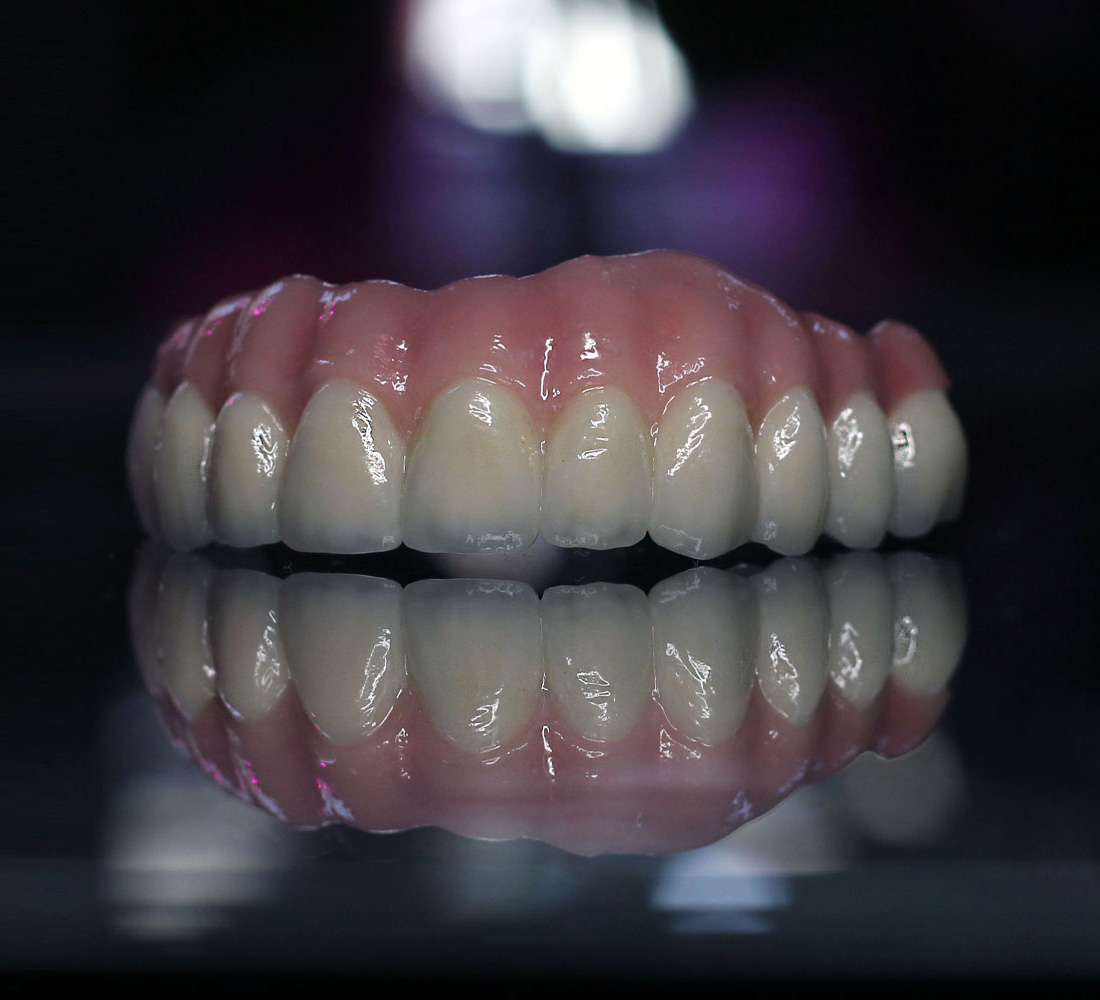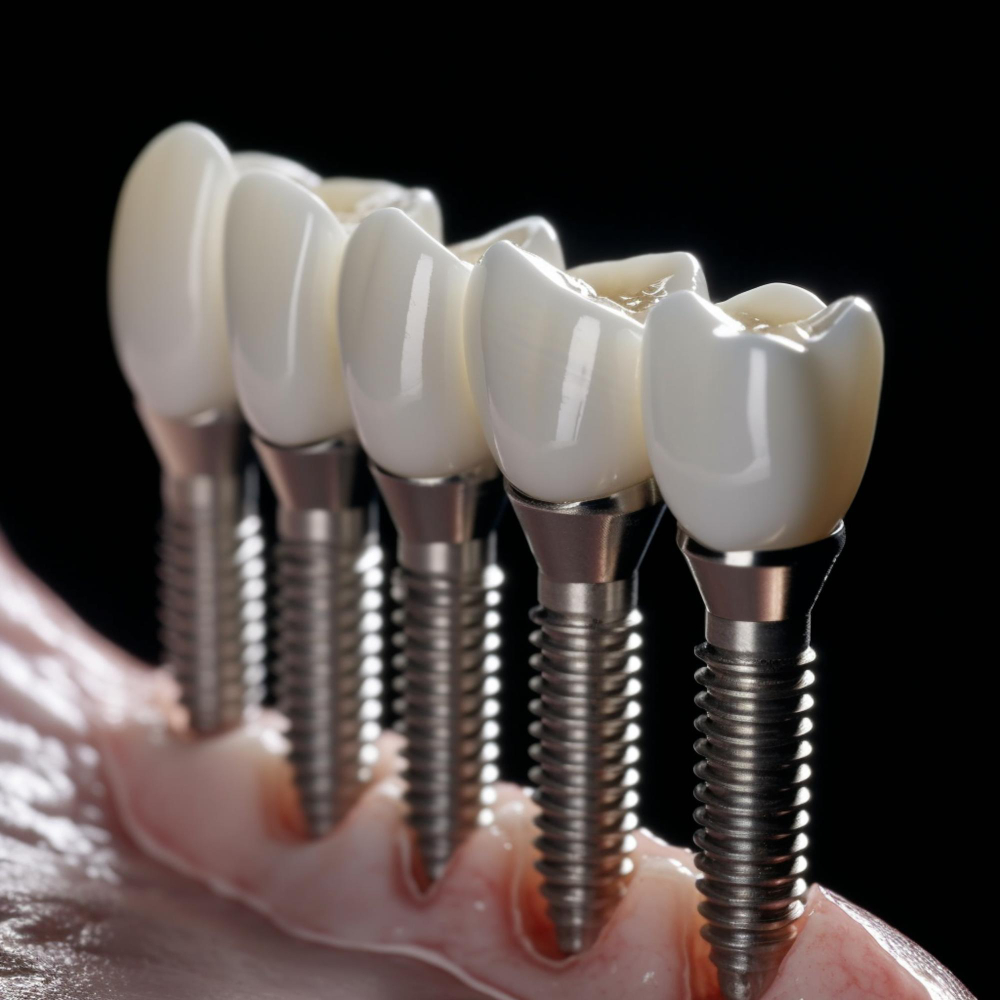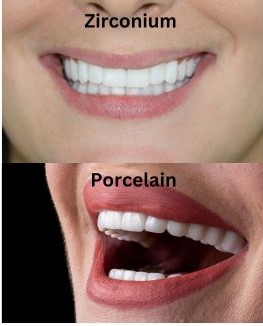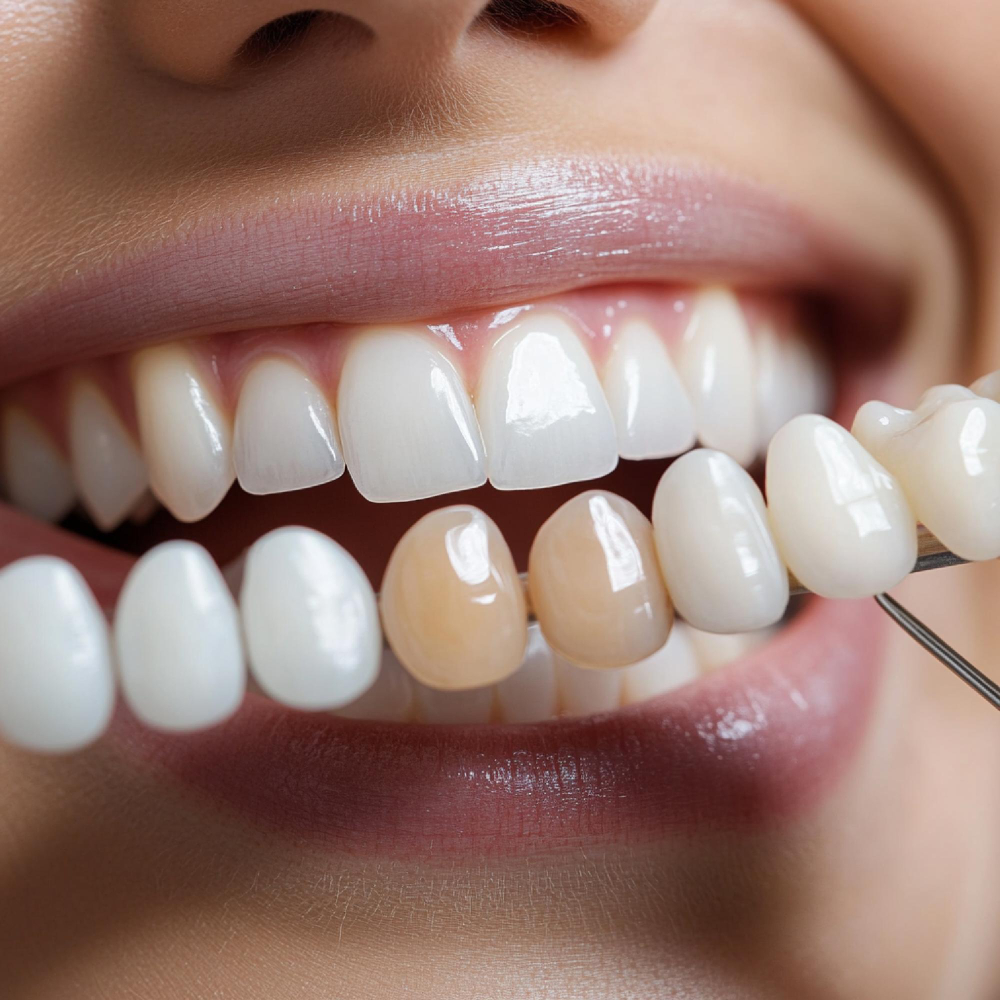What Is Tooth Sensitivity?
Tooth sensitivity, also known as dentin hypersensitivity, is a sharp, sudden pain or discomfort in one or more teeth when exposed to hot, cold, sweet, or acidic foods and drinks.
It can also occur while brushing or breathing cold air, and while usually not a sign of a serious issue, it can significantly affect your comfort and quality of life.
What Causes Tooth Sensitivity?
Tooth sensitivity is typically the result of exposed dentin, the inner layer of the tooth that lies beneath the enamel and cementum. When dentin is exposed, external stimuli can reach the nerves inside the tooth and cause pain.
Common causes include:
1. Enamel Erosion
Caused by acidic foods, soft drinks, overbrushing, or teeth grinding.
2. Gum Recession
Receding gums expose the roots of teeth, which are not protected by enamel.
3. Tooth Decay and Cracks
Cavities, cracks, or worn fillings can expose dentin and cause sensitivity.
4. Recent Dental Work
Whitening treatments, fillings, or crown placements may cause temporary sensitivity.
5. Bruxism (Teeth Grinding)
Chronic grinding wears down enamel and stresses the teeth.
6. Aggressive Brushing Technique
Using a hard-bristled toothbrush or too much force can damage enamel and gums.
When to Seek Dental Help?
While occasional sensitivity may not be a concern, persistent or severe discomfort may indicate underlying problems.
You should see a dentist if:
- Sensitivity lasts more than a week
- The pain is intense or spontaneous
- There’s visible damage or discoloration
- It interferes with eating, drinking, or sleeping
How to Prevent Tooth Sensitivity
Prevention begins with proper oral hygiene and healthy habits. Here’s what you can do:
✔️ Use a Soft-Bristled Toothbrush
Brush gently to avoid damaging enamel and gum tissue.
✔️ Choose Desensitizing Toothpaste
These contain compounds like potassium nitrate that help block pain signals to the nerve.
✔️ Avoid Acidic Foods and Drinks
Limit intake of citrus, vinegar, soda, and wine.
✔️ Don’t Brush Immediately After Eating
Wait at least 30 minutes after acidic meals to protect enamel.
✔️ Treat Bruxism
Wear a night guard if you grind your teeth during sleep.
✔️ Maintain Regular Dental Checkups
Professional cleaning and early intervention are key to preventing sensitivity from worsening.
Treatment Options for Sensitive Teeth
1. Fluoride Application
Strengthens enamel and reduces transmission of stimuli.
2. Desensitizing Agents & Varnishes
Applied in-office to seal exposed dentin and provide immediate relief.
3. Gum Grafting Surgery
Used in severe gum recession cases to cover exposed roots.
4. Bonding or Sealants
A tooth-colored resin is applied to cover sensitive areas.
5. Laser Therapy
Modern laser techniques can reduce sensitivity and stimulate tissue healing.
6. Root Canal Treatment (in extreme cases)
If pain is severe and persistent due to nerve involvement.
Why Choose All-on-X Clinic in Istanbul for Tooth Sensitivity?
All-on-X Clinic in Istanbul is a leader in advanced, patient-centered dental care. The clinic specializes in diagnosing and treating complex cases of tooth sensitivity with precision and compassion.
Patients at All-on-X Clinic benefit from:
- High-resolution imaging to locate sensitivity sources
- Expert periodontal care for gum-related causes
- Laser-assisted desensitization techniques
- Gentle, personalized treatment plans
- A multilingual team and 5-star experience for international patients
Whether you’re dealing with mild discomfort or severe pain, All-on-X Clinic offers world-class care in Turkey’s top dental destination.
Conclusion: Sensitivity Is a Symptom, Not the Root Cause
Tooth sensitivity may seem like a minor annoyance, but it can signal bigger problems like enamel loss, gum disease, or bruxism.
With modern tools and expert care—especially at All-on-X Clinic in Istanbul—you can achieve lasting relief and restore full comfort to your smile.









